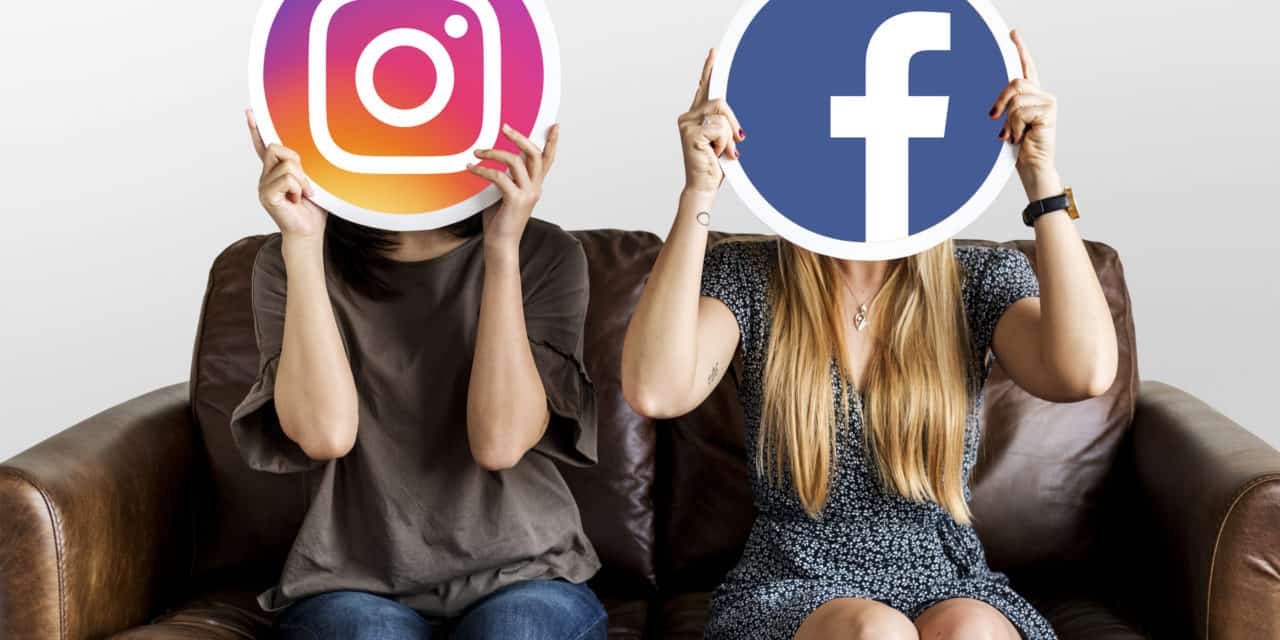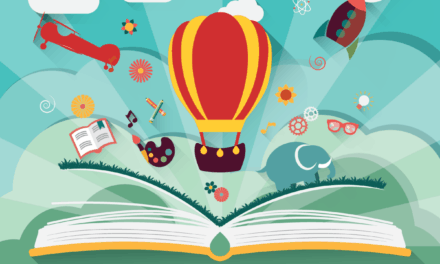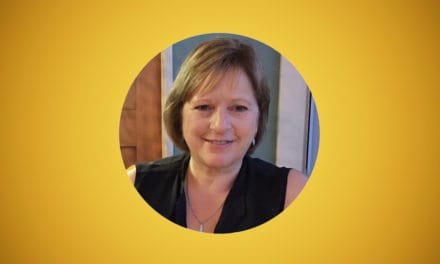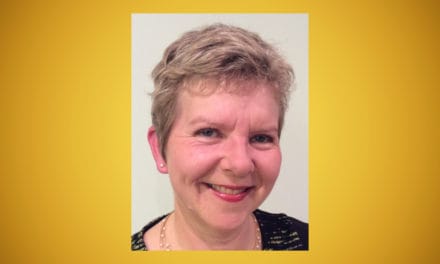Zadie Smith “can’t stand the phones”. Nick Laird pointedly owns a phone that’s not smart. Brett Easton Ellis despises Instagram as “that fake place” while Jonathan Coe has said he finds being on Twitter “a bit like writing in a virtual cafe”. Mark Haddon announced a retreat from Twitter when The Porpoise was published because of “a growing sense that it was detrimentally affecting the way I both looked at and thought about the world around me”, but has posted every week since. Ayòbámi Adébáyò, author of Stay With Me, keeps two mobile phones, and when she writes, she hides the one with all the apps in the wardrobe.
Authors can have an uneasy time with social media; “always twitching the sleeve with its wants and needs”, as Robert Macfarlane puts it (at which point, he says, he shuts it down for a few hours). So how do writers manage – or deploy – the distractions?
You can see the attraction. Social media offers instant readers; a book takes years to deliver them. Instagram and Twitter provide open access to inspiration, ideas, research, community and paid work – but any writer who is writing on social media cannot in the same moment be writing their next book. The one takes away from the other, even though the other is the thing writers are meant to live by. This must be why Twitter is a junkyard of abandoned handles whose owners have temporarily stepped away to focus on their next novels (you could call this doing a Sarah Perry) or to avoid the noise around publication (doing a Sally Rooney). But often the deserters return. Even Salman Rushdie, who let it be known he had “abandoned Twitter” in 2016 after the election of Donald Trump, was drawn into a comeback by the news that Midnight’s Children was being adapted for Netflix and has been tweeting enthusiastically since his shortlisting for the Booker prize.
“There are two types of authors who use social media,” says Matt Haig, who, despite finding Twitter “highly addictive”, writes with his smartphone beside him. “There’s the author who would be on it anyway, and there’s the author who feels obliged to be on it.”
When Haig – “definitely the type who would be on it anyway” – was first published in 2004, he felt “very distanced” from the process. He enjoys the way that Twitter offers a live audience to the writing process – he tested the title of Notes on a Nervous Planet on his followers before committing to it, for instance – as well as a readership of the finished product. The perks are obvious.
“The problem,” he says, “is that it gives you that short-term hit of recognition. Writing a book is such a glacially slow, long-form thing, it is much more tempting to keep writing on the internet, where you get praise and feedback instantly.” Sometimes he has Twitter open while he writes. Sometimes he locks his phone away. But there are probably more times, he says, when he locks his phone away and then fetches it again. “What I used to be terrible at is checking. Neurotically. Do people like this? Has someone said something nasty about me?”
To resist the pull of Twitter – Instagram he finds less of a problem, and Facebook “is like a family wedding. You’ve got to say hello to your aunt and uncle, but it doesn’t draw me in” – he has confronted his habits. His phone no longer charges beside the bed. His notifications are turned off. This transforms social media into “something you visit. You don’t let it visit you.”
There are apps, of course, such as Forest, Freedom and Moment, that limit the time any user spends on social media. Adébáyò, like Haig, has found Freedom useful. She is working on her second novel, and after three weeks of downloading Freedom to limit her Twitter use, she found she could write without it. But even so, on social media she veers between “binge” and “cold turkey”.
“Earlier this year with Instagram it was that way. It wasn’t even that I was posting anything, I was going down this rabbit hole” – food on Instagram, Nigerian politics on Twitter. “I haven’t found a way to use the mediums and still be reasonably productive,” Adébáyò says. This is why the phone with all the apps on it lives in the wardrobe.
Sometimes she rewards herself: write four chapters, and you can go on Instagram.
“If I log in, I can spend two hours going from one picture to another. And then what I do is delete the app.” Then, quite often, what she does is discover herself in the process of reinstalling the app. “I am very invested in the idea of being responsible and self-controlled. But even the fact that I have to put the phone in the wardrobe is mortifying for me. Why can’t I just not look at it? Shame is attached to it actually.”
“We have to have some willpower to control how we dip and dive into that space,” the poet Danez Smith agrees. “That is why the last couple of years I have taken steps to figure out how to put a handle on how much time I spend on social media.”
Smith, who uses the pronoun they, felt their social media use had become addictive. “I love my mum but we’d be sitting together and she’d be on Facebook and I’d be on Twitter … I have been interested in how to train myself out of that.”
First, Smith blocked social media altogether on Mondays, Wednesdays and Fridays – “a little game that me and my therapist came up with”. Putting on a really long playlist also circumvented phone use. And Smith used Forest, which allows a user to decide their period of inactivity on their phone, and “grow” a virtual tree in the fallow time. (It dies if you use your phone early: no one wants to kill a tree with a lack of willpower.) But Smith believes that such apps really function as a way “to access my own willpower”. Now Smith and their mum act as checks on each other. “We put our phones in the other room.” If one of them breaks curfew, “we’ll both call it out”.
For writers who write alone, relying on a companion to stay focused on the right screen is out of the question. And for those who do have a human to rebuke them when they fall off the wagon, this sort of company can be a double-edged sword. Eley Williams, whose short story collection Attrib won the Republic of Consciousness and James Tait Black prizes for fiction last year, sometimes writes in the same room as her partner, the author Nell Stevens. “And whenever we write in the same room, we keep glancing when one reaches for the phone, policing the other one while wanting to reach for our own phone, and managing that guilt.”
The glancing is “in one way a regulatory thing”, Williams says. But it also makes it hard to put her own phone out of mind. Hiding the phone in the wardrobe as Adébáyò does – or throwing it from the desk on to the bed as I like to do – would make it harder to write, Williams thinks. The phone’s absence “would be weighing heavily on my mind”, while apps such as Forest or Freedom “would make me fetishise the idea that pleasure was being deferred – that Twitter was almost there, but beyond my grasp”, and that, she feels, would be the story of the day.
So instead, she writes, and every so often she looks at Twitter. But how often? Every hour? Every 20 minutes? “Keep going!” Williams says, laughing. “Probably every 15 minutes I will find that I am looking at it. There is an element of “safety blanket”. If you are writing on your own, you want some kind of chatter, even ignorable chatter, going on. You need to feel that you could be distracted, just to make your day feel anchored in a real social setting.”
What Williams describes – the frequent, brief sideways look at social media – is as much a touchstone of the writing life as staring out of the window or at fingernails. Joanne Harris runs a blog, a public Facebook page and uses Instagram, but it is on Twitter where she really spends her social media time (she has tweeted 131,000 times, 50,000 more than Haig, who considers his tally high). She used to be a teacher, and glancing at Twitter is “the equivalent of popping into the staffroom, grabbing a cup of tea and reading half a page of the newspaper”. Harris uses social media “if I want a break or I want to look something up or” – and this is a reflex many writers will relate to – “if I’m just thinking of the end of a sentence and the words won’t come”.
Is it detrimental to look at Twitter in those moments of suspended attention or drift? Fiona Mozley finds it so. When her debut novel Elmet was shortlisted for the Booker prize in 2017, Twitter became a less comfortable place to spend time. She noticed that the little glance at Twitter would happen whenever she looked up from her writing.
“The point at which you pause is a really important moment,” she says. “That’s supposed to be when you’re thinking – about what you’re writing or going to write.” But that little empty space for creation, the blank awaiting a word or a thought, would be filled instead with strings of tweets. She tried writing with a pen to avoid the screen. And then last autumn she deactivated her account to finish her second novel. (She’s back now.)
Mozley’s distrust of the usurped pause, her worry about what might be lost in the glance at the wrong screen, makes perfect sense. But the pause works differently for different writers (and sometimes for the same writer at different times).
“If you mean: do I feel I am clicking on Twitter when I should be doing something else? Yes, absolutely,” says Nick Harkaway, who also operates accounts on Instagram, Facebook and Tumblr, with “little pipes that run from one to the other”, pushing content between his platforms. “When I feel that way, I just switch it off. Dump it. It’s not some kind of mad Heath Robinson machine, which will poke you awake in the night. It is individual beings. Negotiating how to communicate with them through social media is just another aspect of being alive today.”
For Harkaway, the misspent pause can be beneficial. “There’s a kind of waiting state,” he says, “a preparatory state that your brain needs to drop into before you do the hard work. It’s a really good idea to take five minutes and not to worry. Now, does Twitter work like that? Potentially. It’s a bunch of white noise, snowflake imagery, then you go: ‘Right. Now to work.’”
Anyhow, he says, in the case of any interruption, “You can never tell what you are losing and gaining. Without the person from Porlock, would the second half [of “Kubla Khan”] have been atrocious? Because quite a lot of [Coleridge’s] poetry would have been better if someone had come and interrupted him.” Harkaway thinks he mostly succumbs to distractions when his work is going badly.
Joyce Carol Oates, another prolific tweeter, agrees with this. “I don’t find social media a particular temptation,” she replies. “I suppose that I am more interested in my work … ”
And while some writers find that social media distracts from writing – Danez Smith has become “more productive in my poetry, more active in my reading” since cutting back – it enhances the output of others.
Robert Macfarlane, whose “Word of the Day” series has a huge following, has found Twitter to be “an overwhelmingly positive experience”. He joined in 2017, a latecomer, “having spent a couple of years with my ear to Twitter, listening in the stairwell” and has found not only a “community gathered around the account” – he makes it sound like a campfire – but an impetus to book writing. “When I am on it, I tend to try to respond to readers rapidly and in number. I enjoy that. It can give a buzz and a boost and a filip when you are struggling with a sentence, paragraph or book.”
Williams says that while she “would get more writing done without it … I do think my writing is better because of Twitter. I think I am able to dispatch images and thoughts more concisely, but limited [in number of] characters.” And while Haig may have taken steps to monitor and restrict his usage, he has also noticed a synergy between his writing and posting. “On the days I have the highest word count, I also have the highest tweet or Instagram count,” he says. “It’s like doing an exercise where you switch between high intensity and low intensity – a HIIT workout. Writing fiction is the high intensity mode, and Twitter is like jogging on the spot.”
Harris doesn’t count her words, so she has no idea if posting on social media works like this for her, too, but she does find that her daily first tweet about the state of the shed in her garden in Huddersfield, where she writes, fulfils an important psychological and ritualistic function. “It has become a bit of a Zen exercise, part of my writing routine. It gets me into the zone,” she says.
In other words, she tweets, and having done so, is ready to write.
Reproduced for educational purposes. Source: https://www.theguardian.com/books/2019/sep/16/i-have-to-put-my-phone-in-the-wardrobe-how-do-authors-deal-with-social-media










